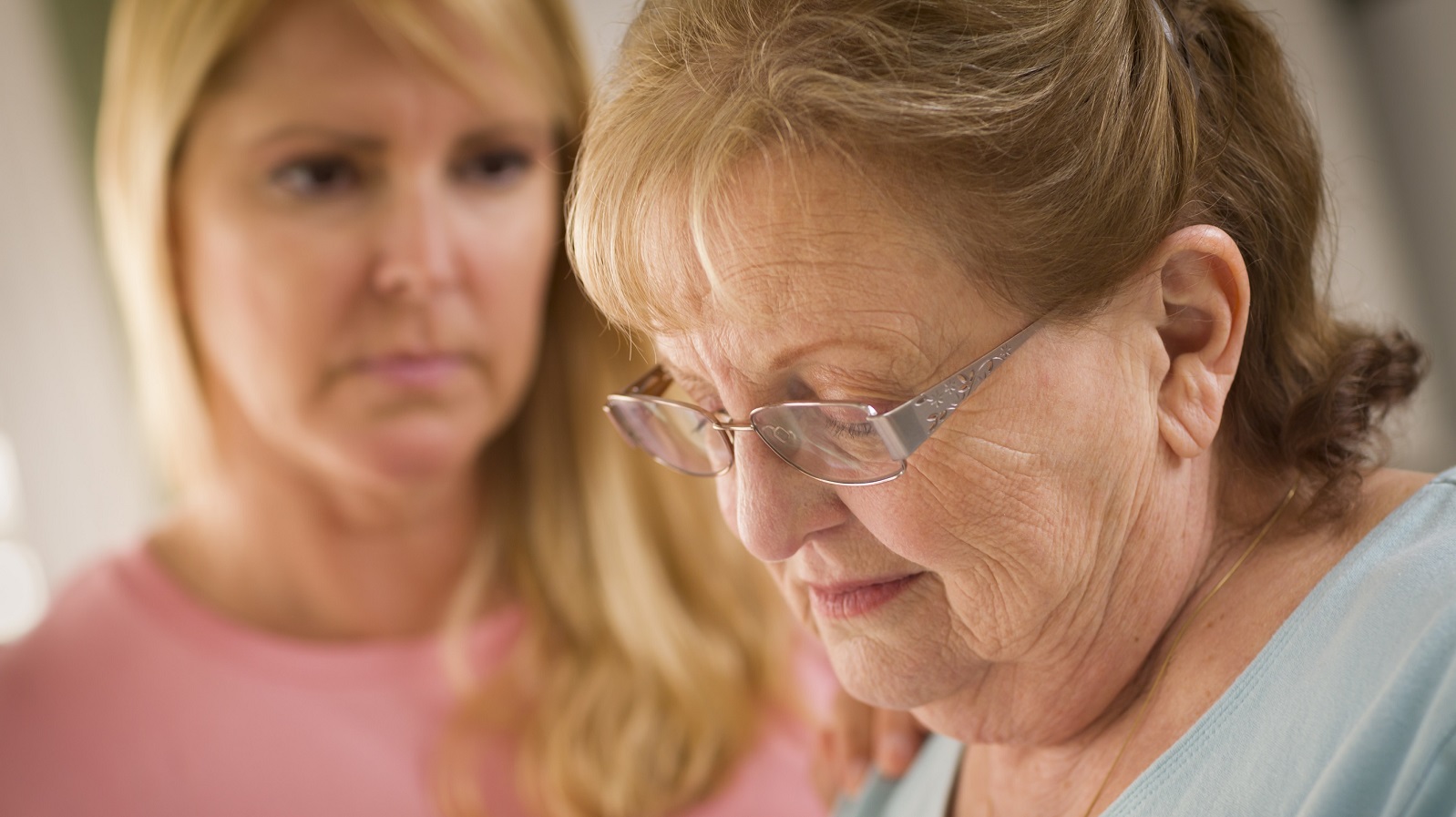
Photo by Tom Buchanan, Tom Buchanan Photographics
Briefly, a bystander’s lack of direct involvement in a tragedy event has them say things over the next weeks and months that we find irritating and frustrating: phrases and discouraging comments like “aren’t you back to normal yet?” or “you need to get over it.” Their lack of experience with tragic events lets them say unhelpful words.
The bystander does not feel our deep emotional connection to the deceased person or life altering situation. Their life does not have our chaotic post tragedy issues like:
- wanting to know the details of what happened;
- understanding the investigation process;
- understanding the treatment / rehabilitation process;
- bureaucratic demands and paperwork with fixed deadlines;
- the judicial and inquest processes;
- money.
Not having to live our life, it is easy for bystanders to think we should be “back to normal” when our normal is nonstop uncertainty and bewilderment.
Having described one of the challenges of our post-tragedy existence what useful thoughts can I offer?
First, to use a currently common phrase, it’s not about us. These are well meaning people trying to be sympathetic in a situation they unknowingly do not understand. Often our emotional response to their comments is upset, anger, disbelief, frustration…(insert your own feeling).
And that is about us. Our emotional reaction is a signal that something has made us uncomfortable. The signal is an invitation for us to pause and look for the cause of our distress.
Earlier we said bystanders “don’t know what they don’t know.” Here is an opportunity to teach them about grief. We could respond with something like, “since (my loved one’s) death my life has been turned upside down,” “ it still feels like it happened yesterday,” “ my friends who have lost a loved one say we never get over it.” Early on our healing journey this will be difficult. It will become easier as time passes and we find more confidence in adjusting to our loss.
Our emotional reaction also signals our need as grievers for empathy, for someone to sit with us; share a coffee, tea, cola, beer with us; to listen as we pour out the fears and frustrations of this unwanted experience. The trained Volunteer Family Guides of Threads of Life provide that listening role to our grieving family members.
- Another beginning - March 23, 2019
- Book review: Option B - May 22, 2018
- Responding to well-meaning (but frustrating) people - November 18, 2015

 Find Support
Find Support Donate
Donate